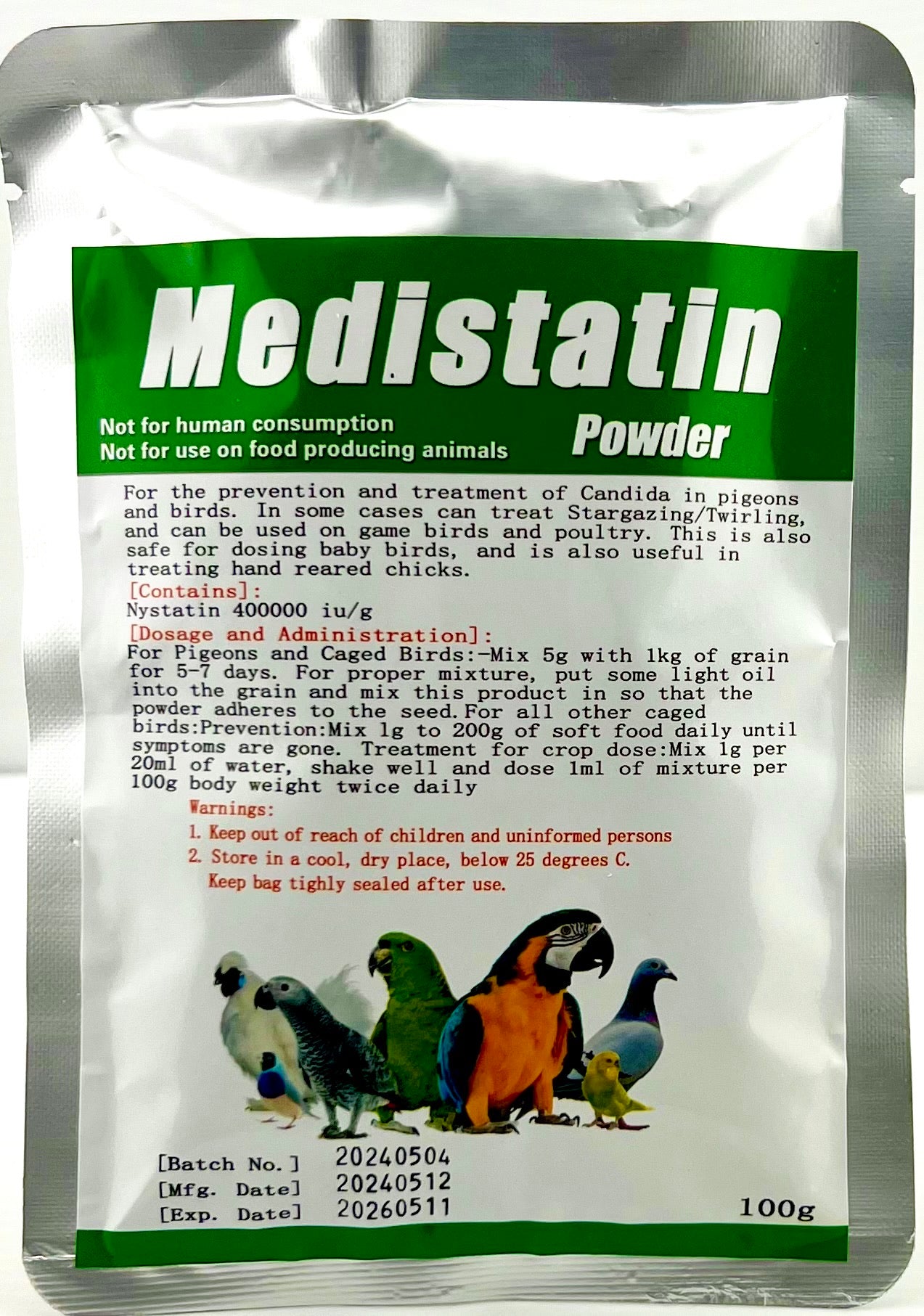As an Amazon Associate I earn from qualifying purchases.
Yes, you can find food for baby birds at pet stores. Many pet stores offer a variety of bird food options specifically designed for baby birds.
Finding the right food for baby birds is crucial for their growth and health. Pet stores often stock specialized formulas that cater to the needs of young birds. These foods provide essential nutrients that help baby birds thrive. When you visit a pet store, you can ask staff for recommendations on the best options.
They can guide you in choosing the right formula. This ensures your baby bird gets all the nutrition it needs. Taking care of a baby bird can be a rewarding experience, and having the right food is a big part of that journey.
Identifying Baby Bird Food
Feeding baby birds can seem tricky. They need specific food for healthy growth. Understanding what to feed them is key. Pet stores offer various options.
Types Of Food
Baby birds have different diets. Some eat seeds. Others need insects. Many pet stores sell special bird formula. This formula mimics what parent birds feed their young. You can find it in powder form. Just mix with water.
Another option is insect-based food. Mealworms and crickets are popular choices. Some baby birds also eat fruit. Check what your bird species prefers. This ensures they get the right nutrients.
Nutritional Needs
Baby birds need a balanced diet. Protein is essential. It helps them grow strong. Calcium is also important. It strengthens their bones. Without it, they may develop health issues.
Vitamins and minerals are crucial too. They support overall health. A varied diet helps provide these nutrients. Follow feeding instructions carefully. Overfeeding or underfeeding can cause problems.
Pet stores often have guides. These can help you choose the right food. Speak to store staff if unsure. They can offer advice based on your bird’s needs.
Pet Store Options
Finding the right food for baby birds can be challenging. Pet stores offer various options that cater to the nutritional needs of baby birds. Below are the main categories of food available.
Commercial Foods
Many pet stores stock commercial foods designed specifically for baby birds. These foods are formulated to provide balanced nutrition. They usually come in the form of pellets or powder. You can easily mix them with water to create a soft, easy-to-eat meal.
- Pellet-based formulas
- Powdered mixes
Commercial foods often contain essential vitamins and minerals. This ensures the proper growth and development of baby birds. The easy preparation and balanced nutrition make these foods a convenient option.
Specialty Products
Some pet stores also offer specialty products for baby birds. These products cater to specific dietary needs. They may include organic or natural ingredients. Specialty products can also be breed-specific, providing tailored nutrition.
- Organic baby bird food
- Breed-specific formulas
- High-protein options
Specialty products can be a bit more expensive. But they are worth it if you have a picky eater or a bird with special dietary needs.
Both commercial foods and specialty products are great choices for baby birds. They ensure your feathered friend gets the nutrition they need to grow strong and healthy.
Homemade Alternatives
Feeding baby birds can be a rewarding experience. While pet stores offer commercial options, homemade alternatives are also available. These alternatives can be cost-effective and healthy for the birds. Let’s explore some safe ingredients and preparation tips to ensure your baby birds receive the best nutrition.
Safe Ingredients
Using safe ingredients is crucial for the well-being of baby birds. Here is a list of some ingredients that are generally safe:
- Boiled Eggs: Rich in protein and essential nutrients.
- Cooked Rice: Easy to digest and provides energy.
- Oatmeal: Good source of fiber and carbohydrates.
- Fruit Purees: Natural vitamins and minerals from apples, bananas, and berries.
- Vegetable Purees: Carrots, peas, and spinach are excellent choices.
- Insects: Crickets and mealworms are rich in protein.
Preparation Tips
Proper preparation ensures the food is safe and nutritious. Follow these tips:
- Boil and Mash: Boil eggs until hard, then mash them finely.
- Cook Thoroughly: Cook rice until soft and easy to mash.
- Blend Smoothly: Blend fruits and vegetables into a smooth puree.
- Check Temperature: Ensure the food is at room temperature before feeding.
- Portion Control: Serve small, frequent meals to prevent overfeeding.
- Clean Utensils: Use clean utensils to avoid contamination.
Here is a simple table for quick reference:
| Ingredient | Preparation |
|---|---|
| Boiled Eggs | Boil and mash |
| Cooked Rice | Cook until soft and mash |
| Oatmeal | Cook and cool |
| Fruit Purees | Blend into smooth puree |
| Vegetable Purees | Blend into smooth puree |
| Insects | Serve fresh or dried |

Credit: www.amazon.com
Feeding Techniques
Feeding baby birds can be challenging. Proper techniques ensure healthy growth. Understanding the right methods makes the task easier. Let’s explore the best feeding techniques.
Proper Feeding Tools
Using the correct tools is essential. Syringes and pipettes work well. They control the food amount. Avoid using regular spoons. They can be too big. Feeding bottles are another option. Choose ones with small tips. This prevents choking. Clean all tools after each use. This ensures hygiene. Proper tools make feeding safe and efficient.
Frequency And Amount
Young birds need frequent feeding. Feed them every two to three hours. Night feedings might be needed initially. As they grow, reduce the frequency. Overfeeding can harm them. Give small amounts each time. Observe their crop. It should be full but not tight. Adjust the amount as they grow. Proper feeding ensures their healthy development.
Recognizing Hunger Signs
Understanding hunger signs in baby birds is essential for their well-being. Knowing when they are hungry ensures they get the right amount of food. This keeps them healthy and helps them grow strong.
Common Behaviors
Baby birds show several common behaviors when they are hungry. They often chirp loudly. This is their way of calling for food. They might also open their beaks wide. This is a clear sign they want to be fed. Another behavior to look for is restlessness. Hungry baby birds move around a lot. They might flap their wings or shuffle their feet. These behaviors are their way of showing they need food.
Physical Indicators
There are also physical indicators that show hunger in baby birds. One sign is a thin or empty crop. The crop is a small pouch in their throat where food is stored. If it looks empty, it means the bird needs food. Another indicator is weight loss. If a baby bird feels lighter than usual, it might be hungry. You can also check their skin. If it looks wrinkled or dry, the bird might be dehydrated and hungry.
| Behavior | Indicator |
|---|---|
| Chirping loudly | Calls for food |
| Open beak | Wants to be fed |
| Restlessness | Moves around a lot |
| Thin or empty crop | Needs food |
| Weight loss | Feels lighter |
| Wrinkled skin | Dehydrated and hungry |
Avoiding Harmful Foods
Choosing the right food for baby birds is crucial. Their health and growth depend on proper nutrition. It’s important to avoid certain foods that can harm them. Understanding which ingredients are dangerous and avoiding common mistakes can make a big difference. Let’s explore these aspects in detail.
Dangerous Ingredients
Certain ingredients can be harmful to baby birds. Here are some to watch out for:
- Chocolate: Contains theobromine, toxic to birds.
- Caffeine: Can cause heart problems and hyperactivity.
- Avocado: Contains persin, which is deadly to birds.
- Alcohol: Causes severe health issues in birds.
- Onions and Garlic: Can lead to anemia and digestive issues.
Common Mistakes
People often make mistakes when feeding baby birds. Here are some common ones:
- Feeding improper food: Not all pet store food is safe for baby birds.
- Overfeeding: Baby birds need small, frequent meals.
- Underfeeding: Can lead to malnutrition and stunted growth.
- Using cold food: Baby birds need warm food for proper digestion.
- Ignoring hydration: Ensure baby birds stay hydrated.
| Dangerous Ingredients | Common Mistakes |
|---|---|
| Chocolate, Caffeine, Avocado, Alcohol, Onions, Garlic | Feeding improper food, Overfeeding, Underfeeding, Using cold food, Ignoring hydration |
Avoiding harmful foods and common mistakes ensures baby birds thrive. This knowledge can help you provide the best care for your feathered friends.
Consulting Experts
Pet stores often sell food for baby birds, providing essential nutrients for their growth. Check product labels to ensure suitability.
When choosing food for baby birds, consulting experts is crucial. Experts can provide valuable insights and ensure the health of the young birds. This section will focus on the importance of consulting veterinarians and pet store staff.
Veterinarians
Veterinarians have specialized knowledge about animal health. They understand the nutritional needs of baby birds. A vet can recommend the best food options. They can also advise on feeding schedules. This ensures the birds grow healthy and strong. Regular check-ups with a vet can prevent health issues. A vet’s guidance is invaluable for a baby bird’s diet.
Pet Store Staff
Pet store staff can also be a great resource. They often have experience with various bird species. They can suggest suitable food products for baby birds. Staff can share useful feeding tips. They can guide you to the best brands available in the store. They may also offer advice on feeding techniques. Talking to knowledgeable staff can make a big difference. It ensures you choose the right food for your baby bird.
“`

Credit: lafeber.com
Emergency Situations
Pet stores often carry food suitable for baby birds. This can be a quick solution during emergencies. Always check the label to ensure it meets the nutritional needs of the birds.
Finding a baby bird in distress can be alarming. You might wonder if pet stores offer suitable food. Knowing the right steps can save a young bird’s life. Let’s explore emergency situations and how to handle them.
Signs Of Distress
A baby bird may show signs of distress. It could be chirping loudly. It might appear weak or lethargic. Look for visible injuries. These can include cuts or broken wings. Observe its breathing. Rapid or labored breathing is a red flag. If the bird feels cold, it needs immediate attention.
Immediate Actions
First, ensure the bird is safe from predators. Place it in a small, warm container. Use a soft cloth or tissue to line the container. Avoid feeding the bird immediately. Check if pet stores have special baby bird food. This food often contains necessary nutrients. Follow the feeding instructions carefully. If unsure, contact a local wildlife rehabilitator. They can provide expert advice.
“`

Credit: allbirdproducts.com
Frequently Asked Questions
Can I Buy Food For Baby Birds?
Yes, you can buy baby bird food at pet stores. They offer various options specifically for young birds.
What Types Of Food For Baby Birds Are Available?
Pet stores offer different types of food, including formulas and pellets. These are designed to meet the nutritional needs of baby birds.
Is Store-bought Baby Bird Food Safe?
Yes, store-bought baby bird food is safe. It’s formulated to provide the necessary nutrients for healthy growth.
How To Choose The Right Food For Baby Birds?
Choose food based on the bird species and its age. Consult pet store staff or a vet for recommendations.
Conclusion
Finding the right food for baby birds at pet stores is possible. Always choose products designed for their needs. Read labels carefully. Consider consulting with a vet for advice. Proper nutrition is crucial for their growth. Pet stores offer various options, so pick the best one.
Your baby birds will thrive with the right diet. Happy feeding!
As an Amazon Associate, I earn from qualifying purchases.


